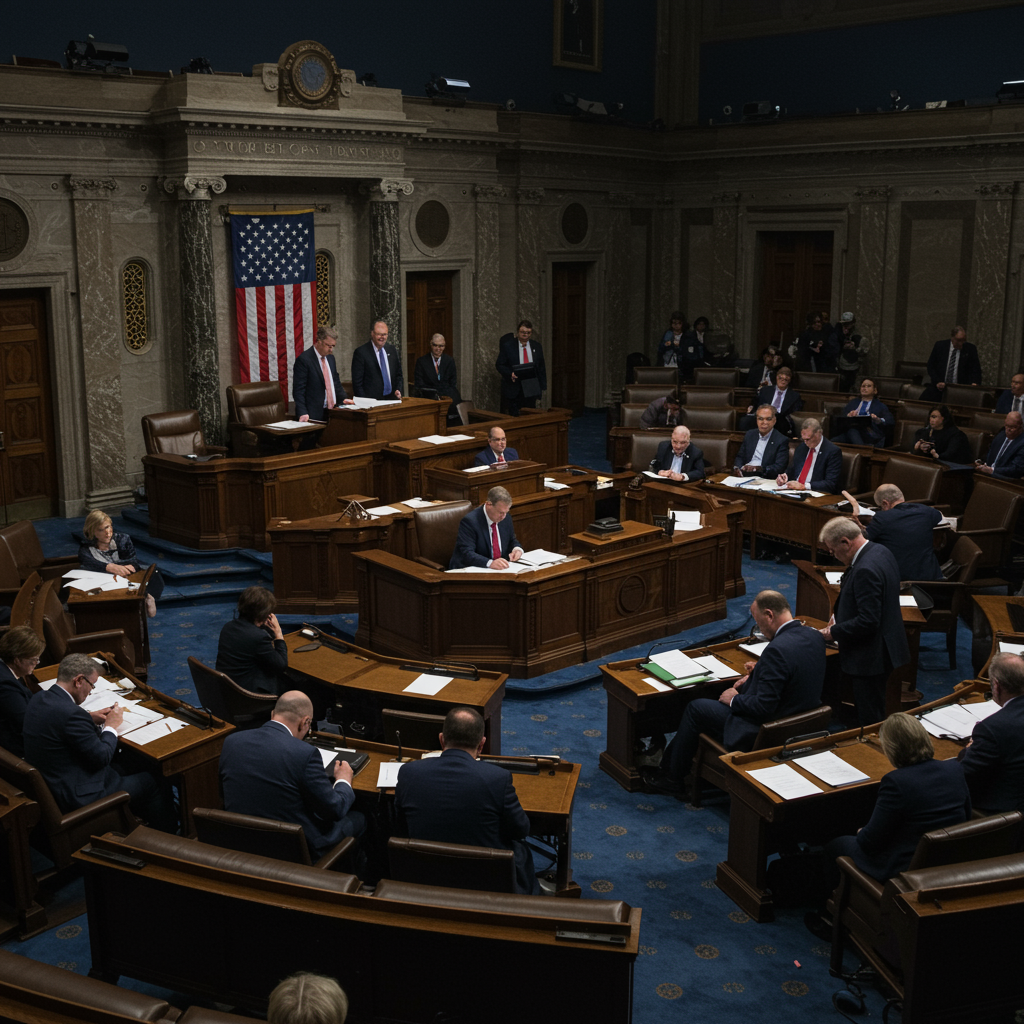A fierce public feud has ignited between former President Donald trump and tech mogul Elon Musk, escalating dramatically over musk’s recent announcement of potentially forming a new political entity. Trump unleashed sharp criticism, notably labeling Musk a “train wreck.” The clash centers on disagreements over government spending, the elimination of electric vehicle (EV) mandates, and the fundamental viability of third parties in American politics. This surprising rift marks a significant turn for two figures who were recently seen as allies.
The Spark: A Spending Bill and a New party
The immediate catalyst for the escalating conflict was the signing of a major spending bill championed by President Trump. Elon Musk vehemently opposed this legislation, publicly denouncing it as “pork-filled” and a “disgusting abomination.” He argued the bill would recklessly increase the U.S. national debt.
Musk had threatened to establish a third political party if the bill passed. Following its enactment, he followed through, announcing the formation of the “America Party.” On his platform, X (formerly Twitter), Musk declared, “When it comes to bankrupting our country with waste & graft, we live in a one-party system, not a democracy.” He positioned the new party as a necessary challenge to the established political structure. His aim, he stated, was to “give you back your freedom” and specifically target lawmakers who supported the controversial spending measure in upcoming elections.
Trump’s Swift and Scathing Response
Donald Trump did not hold back in his reaction. Speaking to reporters, he initially dismissed Musk’s third-party idea as “ridiculous.” He emphasized that the American political system has historically been dominated by two major parties. Introducing a third, he asserted, would only create “confusion” and has historically “never worked.”
He later intensified his attack on his Truth Social platform. There, Trump described Musk as having gone “completely ‘off the rails,’ essentially becoming a TRAIN WRECK” over the preceding five weeks. Trump doubled down on his criticism of third parties, arguing they primarily serve to create “Complete and Total DISRUPTION & CHAOS.” This chaos, he claimed, was already sufficiently present due to “Radical Left Democrats.” In contrast, he characterized Republicans as a “smooth running ‘machine’.”
Trump also suggested Musk’s opposition to the spending bill stemmed from a specific policy change. He claimed Musk was upset because the bill eliminated the “ridiculous Electric Vehicle (EV) Mandate.” This mandate, Trump stated, would have forced people to buy EVs quickly, a policy he had “strongly opposed to from the very beginning.” Trump also brought up a past interaction, alleging Musk had once recommended a “blue-blooded Democrat” for a NASA position, which Trump said he rejected.
The Policy Divide: EV Mandates and Fiscal Debt
The core policy disagreement highlights the differing priorities between the two men. Musk’s stated primary motivation for opposing the bill and forming the “America Party” is deep concern over the rising U.S. fiscal deficit and sovereign debt. He views the large spending bill as irresponsible and fiscally detrimental, lumping Republicans who supported it in with Democrats on issues of “waste & graft.”
Trump, however, presented a different narrative. He praised the spending bill as “Great.” He speculated that Musk’s real issue wasn’t debt but the elimination of the EV mandate, which directly impacts Tesla, one of Musk’s key companies. This suggests Trump views Musk’s actions as primarily motivated by corporate interests rather than fiscal principles. The truth likely lies in a complex interplay of both policy concerns and personal/corporate agendas.
Musk Fires Back and The War of Words
Elon Musk quickly responded to Trump’s public condemnation, engaging in a pointed exchange online. Addressing Trump’s use of Truth Social, Musk posted that he had “never heard” of the platform. This appeared to be a dismissive jab at Trump’s preferred social media channel.
Musk also criticized the Department of Government Efficiency (DOGE), an initiative he briefly led under Trump. He questioned its effectiveness, asking, “What the heck was the point… if Trump is just going to increase the debt by $5 trillion?” This comment directly attacked Trump’s fiscal record and sought to undermine the former president’s position on debt.
Adding to the back-and-forth, Trump’s Treasury Secretary, Scott Bessent, also weighed in. Appearing on CNN, Bessent suggested Musk should focus on running his businesses. He also questioned Musk’s popularity, stating that while other principals involved with DOGE were popular, “Elon was not.” Musk retorted on X, calling Bessent a “political science major who can’t even do math.” Musk also claimed Trump had previously sought him out because Musk’s own popularity was high, asserting, “The polling for me was very positive a year ago, which is why Trump used me so much.”
Implications of a Prominent Third Party
The public nature and intensity of this feud are particularly noteworthy because Trump and Musk were recently allies. Musk briefly served as head of Trump’s DOGE initiative, tasked with identifying federal spending cuts. He left the position in May 2025, reportedly to focus on his corporate responsibilities. Their collaboration ended with an Oval Office ceremony, but the relationship soured dramatically shortly thereafter.
The formation of a third party by a figure as prominent and wealthy as Musk, even if currently lacking formal structure or registration, carries significant potential implications for the U.S. political landscape. While third parties have historically struggled to gain traction in the entrenched two-party system, Musk’s visibility and resources could theoretically pose challenges, particularly for Republican candidates in elections such as the 2026 midterms. A split in the conservative or independent vote could impact outcomes. However, the significant hurdles of ballot access, fundraising infrastructure, and overcoming voter inertia remain substantial obstacles for any new party. This public clash underscores a dramatic shift in the relationship between two highly influential figures navigating the complex intersections of business, politics, and media.
Frequently Asked Questions
What triggered the recent feud escalation between Trump and Musk?
The feud intensified primarily because Elon Musk announced his intention to form a new political party, the “America Party.” This came after Musk strongly opposed a major spending bill that former President Trump championed and signed into law. Musk criticized the bill for increasing national debt, while Trump suggested Musk’s opposition was linked to the bill eliminating an electric vehicle (EV) mandate.
How did Donald Trump describe Elon Musk amidst their feud?
Donald Trump used harsh language to criticize Elon Musk. He initially called Musk’s idea of forming a third party “ridiculous.” Later, on his Truth Social platform, Trump described Musk as having gone “completely ‘off the rails’” and becoming a “train wreck.” He also argued that third parties like the one Musk proposed would only cause “disruption and chaos” in the political system.
What is the “America Party” that Elon Musk announced?
The “America Party” is a new political party that Elon Musk announced his intention to form. Musk stated the party would challenge the current political system, which he believes functions as a “one-party system” regarding government spending and debt. He said the party was formed to give people back their freedom and would specifically target lawmakers, potentially Republicans, who supported the controversial spending bill he opposed.
The public clash between Donald Trump and Elon Musk highlights the volatility of political alliances and the complex motivations driving powerful figures. Triggered by disagreements over spending and policy, the feud escalated quickly with sharp personal attacks and the dramatic announcement of a potential new political force. The long-term impact of Musk’s “America Party” on the U.S. political landscape remains to be seen, but the rift between these two influential figures is undeniable.


